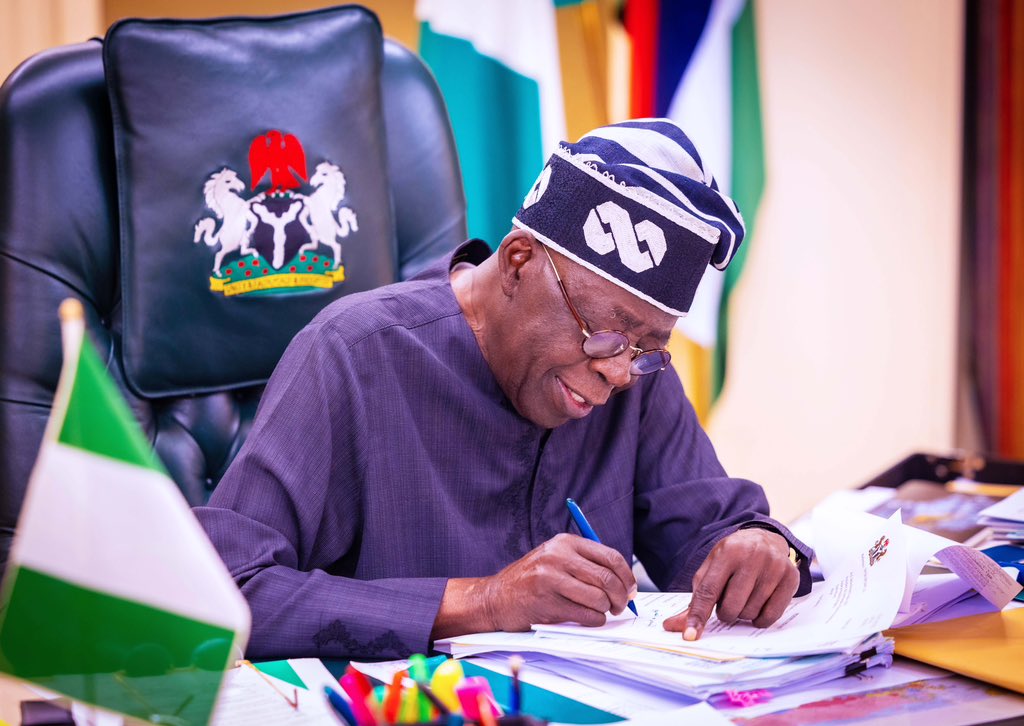The House of Representatives on Wednesday approved President Bola Ahmed Tinubu’s request to secure a total of $2.347 billion from the international capital market to finance part of the 2025 budget deficit and refinance Nigeria’s maturing Eurobonds.
The approval followed the consideration and adoption of a report presented by the Chairman of the House Committee on Aids, Loans, and Debt Management, Hon. Abubakar Hassan Nalaraba, during plenary presided over by Speaker Tajudeen Abbas.
According to the report, the borrowing plan includes $1.23 billion to fund the 2025 budget deficit and $1.12 billion to refinance Eurobonds maturing in November 2025. Lawmakers also approved the issuance of Nigeria’s first-ever Sovereign Sukuk bond of up to $500 million in the international capital market, with or without a credit guarantee.
The Deputy Speaker, Benjamin Kalu, who chaired the Committee on Supply during consideration of the report, put the recommendations to a voice vote, and they were adopted unanimously by members.
The House authorised the Federal Government to implement the external borrowing component of the 2025 Appropriation Act amounting to ₦1.84 trillion (approximately $1.23 billion) at the budget exchange rate of ₦1,500 to $1. The loans may be accessed through Eurobond issuance, loan syndications, bridge financing facilities, or direct borrowing from international financial institutions.
President Tinubu, in his earlier correspondence to the National Assembly, explained that the borrowing plan was designed to bridge the gap between projected revenues and expenditures in the 2025 fiscal year, while also ensuring the government meets its debt obligations as they mature.
Since assuming office in May 2023, the Tinubu administration has relied on external financing to support critical government programmes and stabilise fiscal operations. Between May 2023 and May 2025, Nigeria obtained about $7.2 billion in loans from the World Bank for economic reforms and development projects. The African Development Bank also approved a $1 billion facility for Nigeria, expected to be disbursed between 2024 and 2025.
Government officials maintain that the new financing measures are part of a broader economic strategy aimed at closing the budget deficit, refinancing existing debts, and stimulating economic growth through targeted investments in infrastructure and social welfare programmes.






Post comments (0)